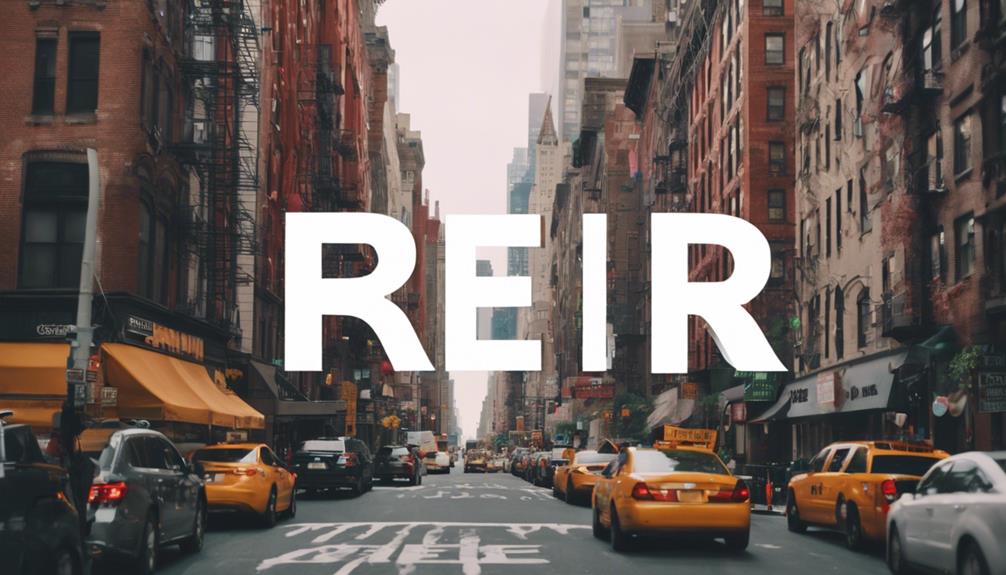Airbnb is facing a significant crisis in New York City due to stringent regulations that have eliminated about 80% of its listings. This has led to a surge in underground rentals, where hosts operate outside legal frameworks to maintain income. While these shadow rentals provide cheaper alternatives for travelers, they lack essential safety measures, putting guests at risk. The competition from unregulated listings complicates the market, affecting both short-term and long-term rental dynamics in the city. Understanding the implications of this shift reveals deeper challenges faced by both hosts and travelers in the current landscape.
Key Takeaways
- NYC regulations have eliminated 80% of Airbnb listings, pushing hosts to seek income through underground rental markets.
- The rise of shadow markets on platforms like WhatsApp and Craigslist reflects hosts' desperation amid high hotel prices.
- Black market rentals pose safety risks, lacking essential protections and increasing the likelihood of scams for travelers.
- The imbalance in demand and supply drives travelers to unregulated options, complicating the rental landscape further.
NYC Regulations Impacting Rentals

New regulations in New York City have considerably restricted short-term rentals, resulting in the removal of approximately 80% of Airbnb listings from the platform.
These new rules primarily target apartment rentals, which greatly constrains available options for travelers seeking temporary accommodations.
Concurrent with these changes, a post-COVID-19 surge in hotel prices has created a heightened demand for affordable alternatives, further complicating the rental landscape.
As a result, long-term rentals now constitute 94% of the listings in New York City, reflecting a shift towards more stable housing solutions.
This regulatory environment not only impacts travelers but also affects hosts who previously relied on short-term rentals for supplemental income, creating a challenging scenario for both parties in the evolving market.
Rise of the Shadow Market

The emergence of a shadow market for short-term rentals in New York City highlights the growing desperation among hosts seeking to maintain their income amidst stringent regulations.
As traditional platforms like Airbnb face increased scrutiny, many hosts have turned to underground listings on channels such as WhatsApp and Craigslist. These shadow rentals offer similar amenities to regulated options but operate outside legal frameworks, often without safety measures.
Some hosts openly promote their illegal listings, leveraging their Airbnb experience to attract potential guests. This trend is driven by a demand-supply imbalance, as travelers continue to seek affordable accommodations amid rising hotel prices.
Ultimately, the shadow market underscores the challenges and complexities of the current rental landscape in NYC.
Risks Associated With Black Market

While the shadow market provides alternative options for travelers, it also introduces significant risks that can compromise safety and financial security.
Unlike regulated platforms such as Airbnb, black market rentals lack essential safety nets, leaving guests vulnerable to various dangers.
Payments are often conducted through unverified channels like Venmo, increasing the likelihood of financial scams.
Additionally, the absence of guest reviews makes it challenging for travelers to assess the quality and safety of accommodations.
Alternative platforms, such as Houfy, offer limited security measures, further exacerbating concerns.
Ultimately, the potential for scams, coupled with unsafe living conditions, poses a considerable threat to those seeking affordable lodging options in New York City's burgeoning underground rental market.
Future of Short-Term Rentals

Regulations aimed at alleviating housing strain and high rents are likely to reshape the landscape of short-term rentals in the coming years. Critics argue that these measures restrict income opportunities for hosts, creating a divide between regulatory intentions and economic realities.
The chaos in NYC's rental market showcases conflicting interests, prompting companies like Airbnb to evaluate new markets, such as Paris, for growth. CEO Brian Chesky has characterized the situation in New York as a cautionary tale, highlighting the challenges faced by both hosts and travelers.
As traditional short-term rental platforms adapt to increased scrutiny, the future will depend on finding a balance that protects tenants while allowing hosts to thrive in a competitive environment.
Implications for the Rental Industry

Implications for the rental industry are profound as increasing regulations and the rise of shadow markets challenge traditional business models and the overall availability of housing. As the landscape evolves, several key factors emerge:
- Regulatory pressures are prompting hosts to seek alternative income avenues, often through unregulated channels.
- Safety concerns arise from shadow markets, where guest protection is minimal compared to established platforms.
- Increased competition from illegal listings can destabilize pricing, affecting both short-term and long-term rental markets.
These developments necessitate a reevaluation of regulatory frameworks to balance housing availability with economic opportunities for hosts, ultimately influencing the future trajectory of the rental industry.
How Is Airbnb Handling the Underground Rental Surge in NYC?
Airbnb is facing backlash as the underground rental surge in NYC continues to grow. The company’s clubhouse faces 9/11 backlash as it struggles to regulate illegal rentals in the city. Authorities are cracking down on hosts violating rental laws, putting pressure on Airbnb to address the issue.
Conclusion
To summarize, the tightening grip of regulations on short-term rentals has birthed an underground market, thriving in the shadows.
While this surge in unregulated listings presents opportunities for some, it simultaneously engenders significant risks for both hosts and guests.
As the landscape continues to evolve, the interplay between regulation and the shadow market will shape the future of the rental industry, compelling stakeholders to navigate a path fraught with challenges and potential rewards in equal measure.









